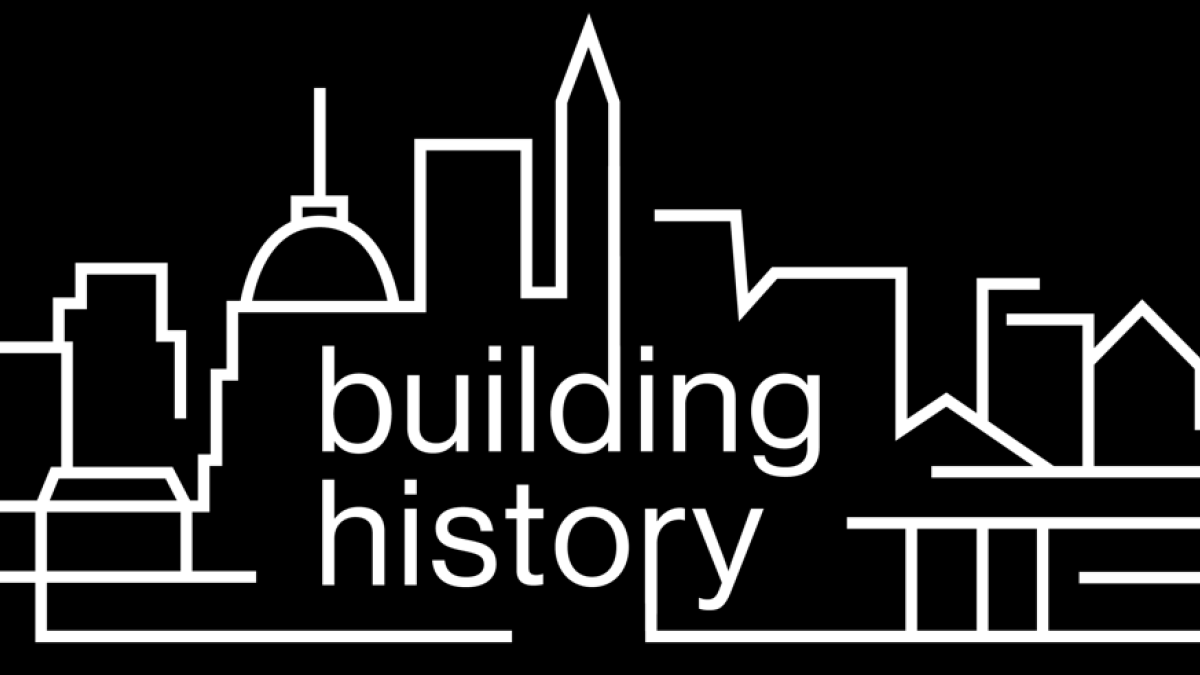ASU seeks nominations for 2024 MLK Jr. Student Servant-Leadership Award

Illustration courtesy ASU
Colleen Jennings-Roggensack, ASU vice president for cultural affairs and ASU Dr. Martin Luther King Jr. Committee chair, is soliciting nominations for the 2024 ASU Dr. Martin Luther King Jr. Student Servant-Leadership Award. This year’s theme is "Building History."
The ASU MLK Jr. Committee will present a Servant-Leadership Award to an ASU student at the Dr. Martin Luther King Jr. Breakfast Celebration on Thursday, Jan. 18, 2024 at the Tempe campus.
Servant-leadership is a practical philosophy, which supports people who choose to serve first and then lead as a way of expanding service to individuals and institutions. Servant-leaders may or may not hold formal leadership positions, but they encourage collaboration, trust, foresight, listening and the ethical use of power and empowerment.
The ASU community is invited to help in identifying a student for this award. The student must be currently enrolled full time, exemplify servant-leadership ideals and have a track record of commitment through volunteer service.
Self-nominations are also encouraged. Candidates may submit a resume with their nomination form. Letters of recommendation are acceptable, but no more than two.
The ASU MLK Jr. Committee will provide a $2,000 scholarship to the awardee to be used toward educational costs. This scholarship is available to ASU full-time undergraduate or graduate students. The winner must be a full-time student during the spring 2024 semester.
All nominations will be reviewed, and three finalists will be selected. Finalists will be contacted to arrange a 30-minute interview with the committee on the afternoon of Friday, Oct. 13. Preference is for the awardee to attend the breakfast in person but accommodations can be made to accept the award virtually or otherwise.
Nominate yourself or another student by downloading the nomination form.
Please submit the nomination form by close of business on Monday, Sept. 25. Scan and email the form to Michelle Johnson at mmjcap@asu.edu with the subject line: 2024 ASU MLK Student Nomination — Last name of the candidate.

